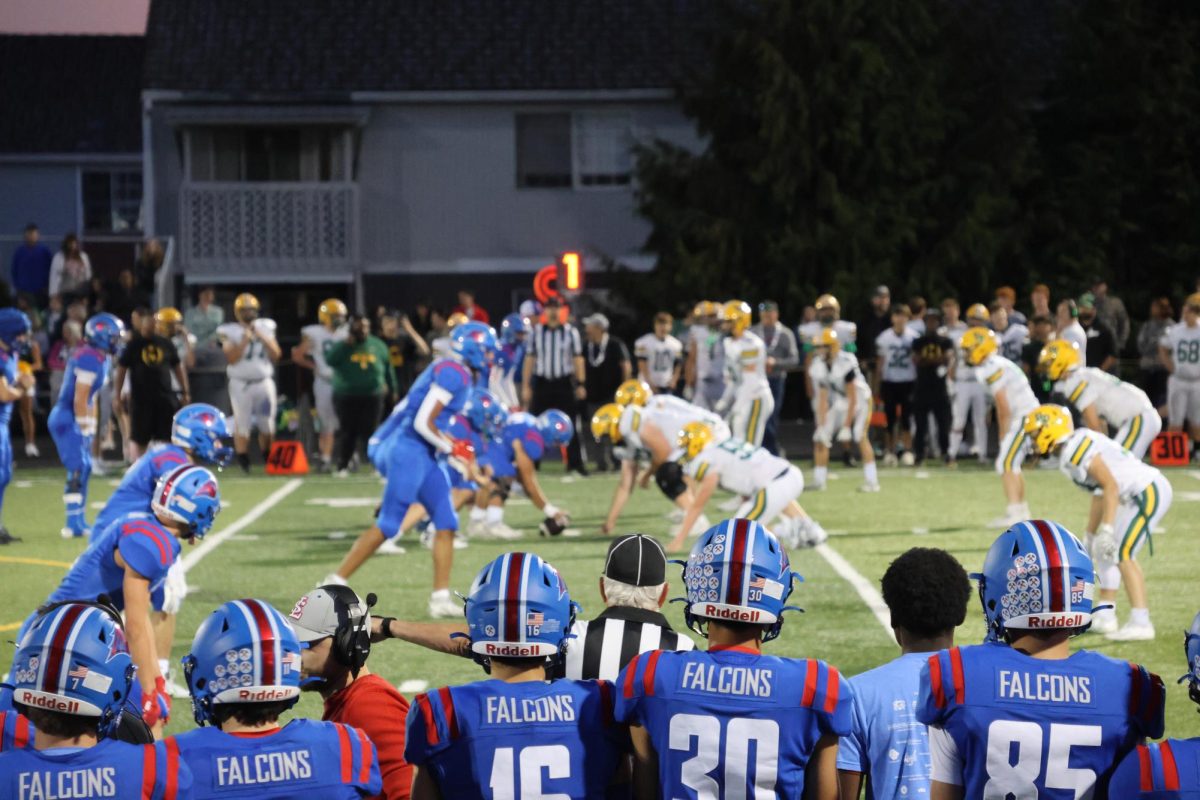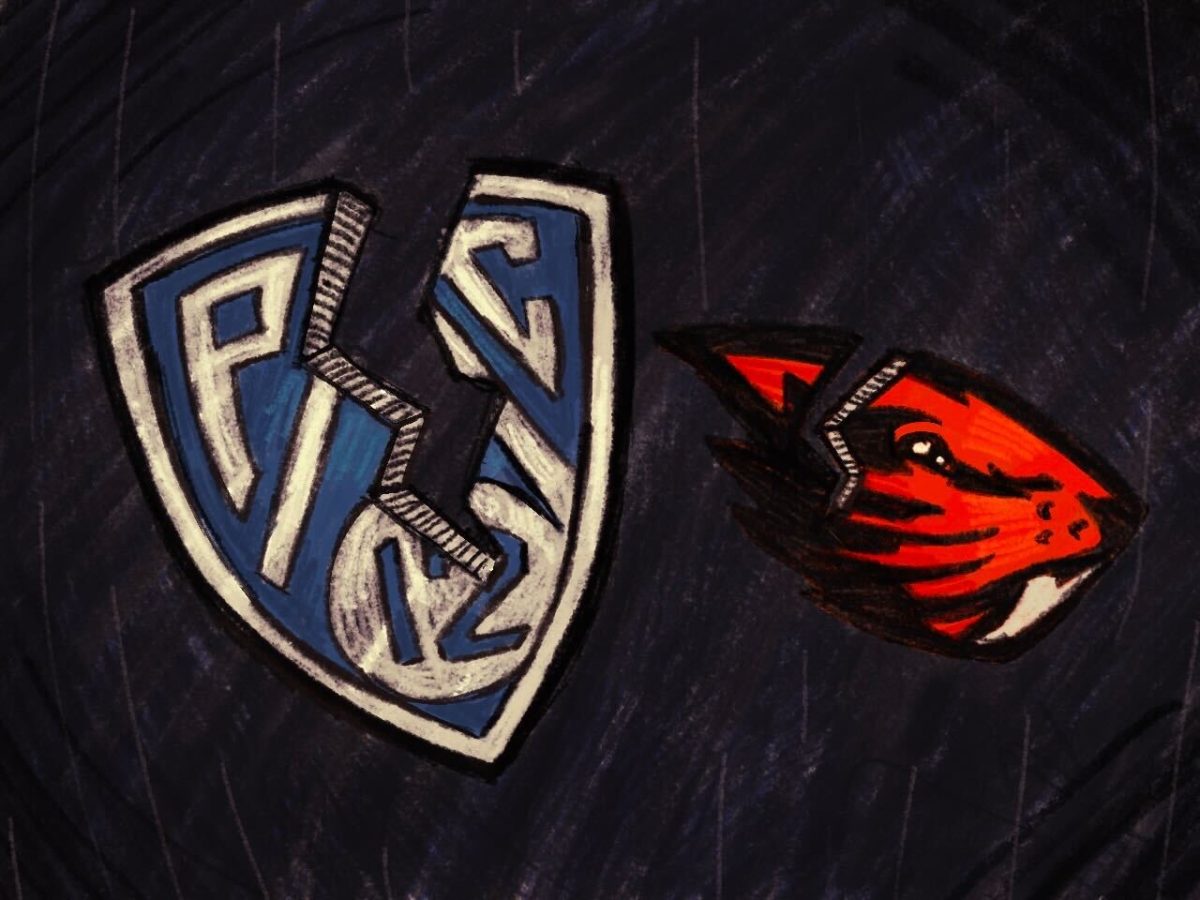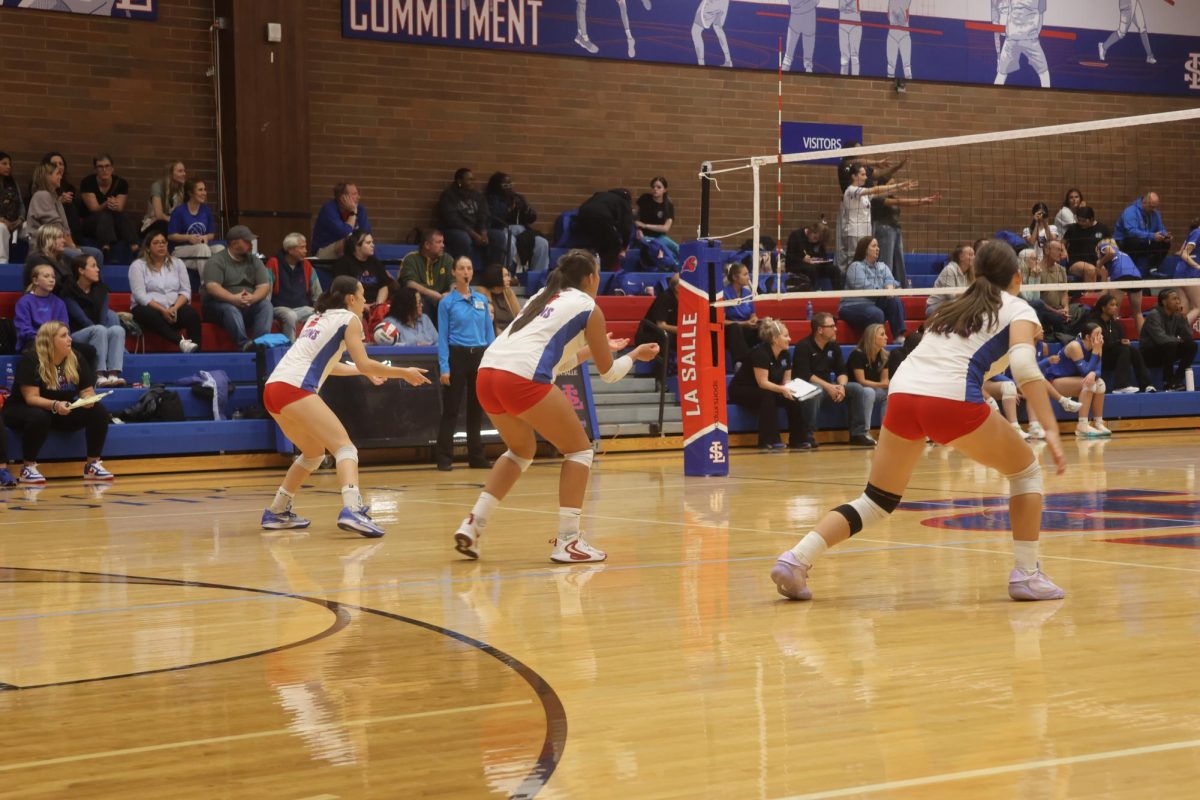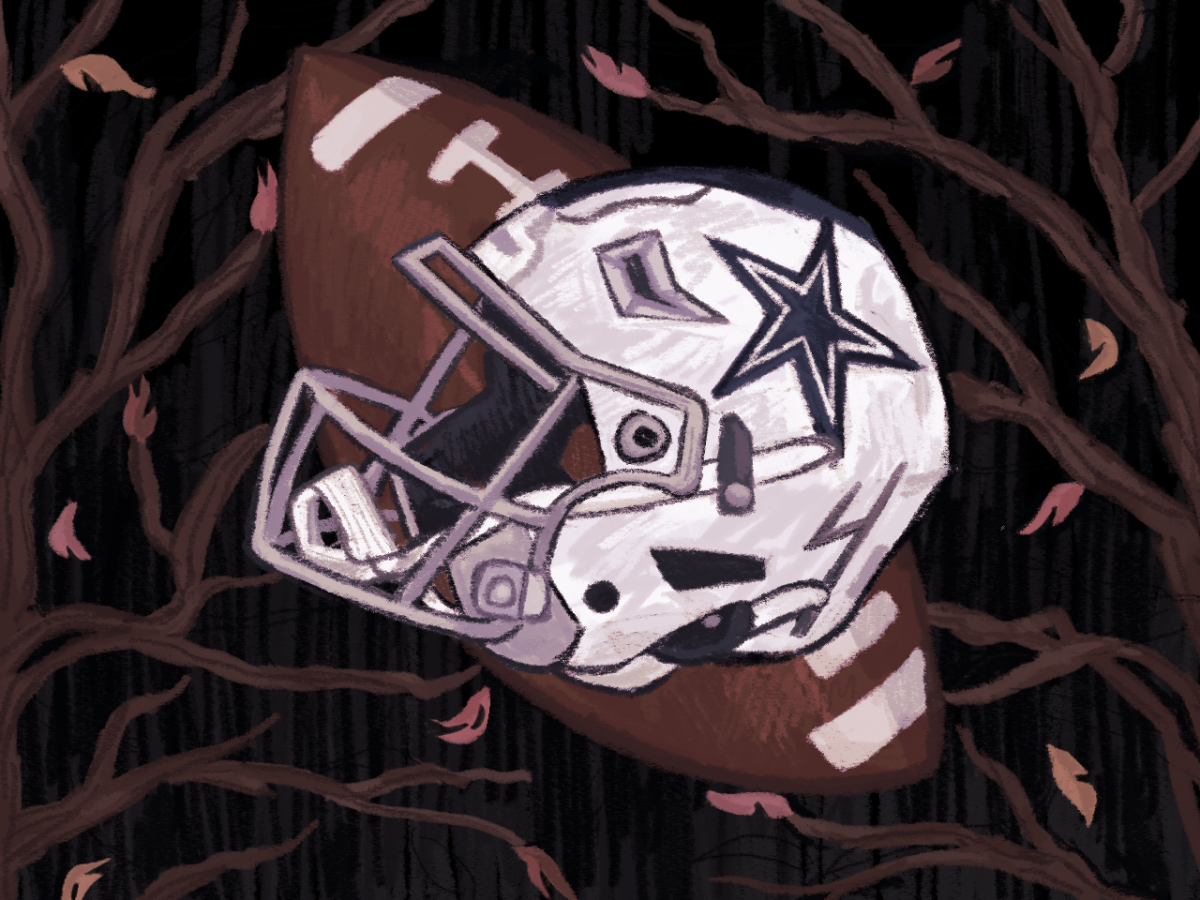Near the end of the first quarter of #4 Florida State’s week 12 contest against North Alabama, star quarterback Jordan Travis did what he had done all year for the Seminoles — he created something out of nothing. With his squad shockingly trailing 13-0, Travis pulled the ball on a read-option and knifed through the North Alabama defense, moving the Seminoles into field goal range.
But almost immediately, the cheers at Doak Campbell Stadium turned to gasps and hushed whispers – Travis’ ankle was facing the wrong way. He snapped it underneath a linebacker’s cleat, ending his season and his college career. It was a devastating blow for the program, as Travis had been the main reason that the Seminoles were able to escape mediocrity and return to being a national powerhouse.
Despite this, the Seminoles rallied to win their final game of the regular season, defeating Florida 24-15 on the road with backup quarterback Tate Rodemaker. However, the quarterback injury bug bit FSU once again in this game, with Rodemaker suffering a concussion on a late hit.
In the ACC championship game, they won ugly against 14th-ranked Louisville with third-string quarterback Brock Glenn. Although the Seminoles had a paltry 55 passing yards, their vaunted defense limited a Louisville offense averaging over 30 points per game to just six points.
This win put the finishing touch on a seemingly unquestionable resume for the Seminoles. They had gone undefeated in the regular season and won their conference championship, with their signature win coming in week one against then 5th-ranked LSU, a team that boasted both the top-ranked scoring offense in the country and the eventual Heisman Trophy winner.
The next morning, FSU fans and players watched in horror as the unthinkable happened: the Seminoles had been left out of the four-team College Football Playoff in favor of one-loss Alabama, with the committee citing Travis’ injury as the main reason for this decision.
Make no mistake about it: the playoff committee was screwed any way they went. There would have been immense outrage nationwide if they excluded Alabama, as many believe that the SEC is the premier conference in the country and should therefore have its champion included no matter what. Had they omitted Texas, many would have pointed out that the Longhorns won a head-to-head matchup with the Crimson Tide 34-24 earlier in the season.
I’m also not going to sit here and act as if I’d rather watch this current iteration of Florida State in the playoff. Alabama would almost certainly beat the Seminoles in a head-to-head matchup without Travis in the picture. I’m more excited about the matchup between the Crimson Tide and top-seeded Michigan than I would have been about a matchup between FSU and Michigan, which would probably be a blowout in the Wolverines’ favor.
But that’s not the point.
Simply put, the Seminoles earned the right to compete for a national championship more than Alabama did.
The Crimson Tide struggled early on, highlighted by a 10-point loss to Texas at home. Despite the Tide being favored, the Longhorns were in control for the vast majority of the game. Later on, they were nearly upset by a 4-8 Arkansas squad. Recently, they escaped a mediocre Auburn team by the skin of their teeth, needing a miracle touchdown on 4th and 31 with 30 seconds left to survive.
While the Seminoles haven’t necessarily won pretty, they’ve won every game. Even though the ACC isn’t quite as challenging as the SEC, it’s still a Power Five conference, and FSU has passed multiple difficult road tests. They’ve done everything that a team is supposed to do in order to compete for a national championship, and they’ve now been told that those lofty requirements aren’t enough.
That’s the biggest issue with this entire debacle. The committee has completely devalued the meaning of the regular season with this decision, choosing to speculate on how a team would hypothetically perform instead of rewarding what actually occurred. Florida State Athletic Director Michael Alford put it best, saying in a statement released Sunday that the committee “chose predictive competitiveness over proven performance.”
It’s easy to say that the precedent set by this decision won’t have an impact on the playoff going forward, since the field is expanding from four teams to 12 teams next year, but I disagree. With the committee signaling that they prefer to put the best teams in over the most deserving teams, what’s to stop them from pushing four, five, or even six SEC teams into the expanded playoff? All they have to do is say that the SEC is the best conference in the country, and that these teams were the best in that conference. This decision sets an extremely dangerous blueprint for making the power balance in college football even more lopsided.
FSU might be a different team without Travis, but the success of their regular season should have given them the chance to prove that they were more than just their quarterback. It may not have been the most exciting decision, or the decision that would have pulled in the most TV ratings, but it would have been the right decision.














